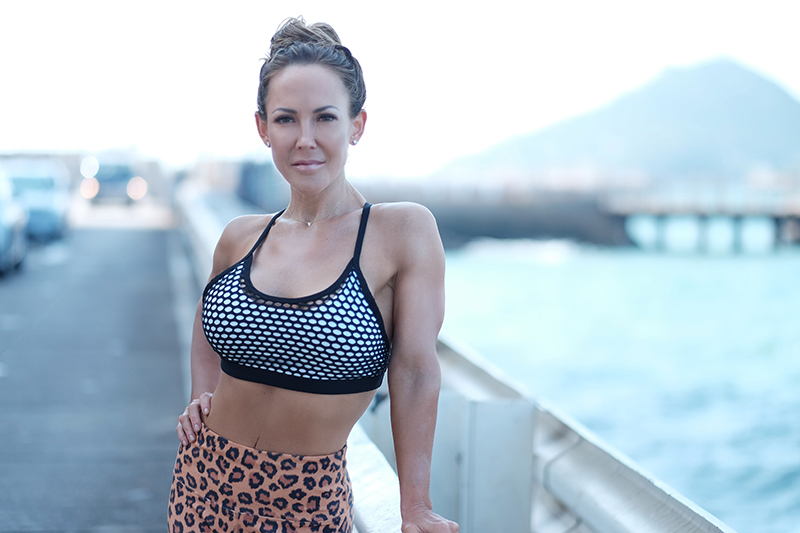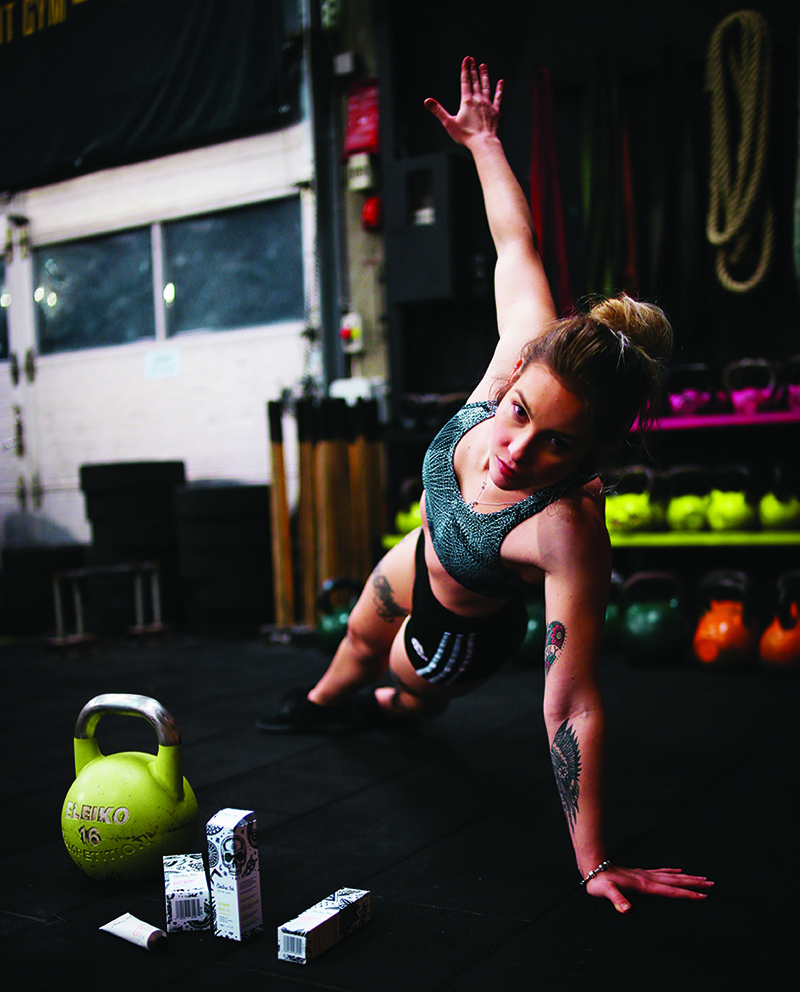Being accountable to someone doesn’t sound like much fun, but it’s actually been proven to massively boost your chances of achieving goals, whether that’s writing a book or running a marathon. Accountability coaches, as scary as they sound, are here to hold you to task. By Aoife McGillion.

When it comes to setting goals for fitness and nutrition, the incentives are obvious: fat loss, increased energy and strength, looking better, sleeping better, living longer…
the list goes on. But when it comes to actually achieving those goals, why are the incentives, and even a plan of action, not always enough?
According to research, there are two factors that effectively help people reach their goals; one is personal incentives, things like losing weight or hitting a fitness target. And the other, surprisingly, is accountability.
“The bit people often struggle with is the follow-through. The goal is there, but life gets in the way.”

A study on accountability, conducted by the American Society of Training and Development, found that you have a 65 percent chance of completing a goal if you commit to someone else that you will achieve it. And if you have a specific accountability appointment with someone, your chances of success increase by up to 95 percent.
Beth Wright is an accountability coach. She supports clients to meet their deadlines and achieve their personal fitness goals. “Being an accountability coach is about being the person that my clients trust enough to commit to working alongside to achieve their goals,” she says. “It’s not just about checking in with my clients on a daily basis or reminding them of their goals, it’s also about encouraging and motivating people throughout their journey and being there to support and adjust the program when things crop up which threaten to derail our plan.”
Already a qualified personal trainer, Wright shifted her primary focus to nutrition and providing bespoke plans and daily support after noticing where her clients were often falling short.
“I don’t tend to see people struggling to make appointments with a personal trainer or deciding that they want to lose weight or achieve a certain body shape,” she says. “The bit people often struggle with is the follow-through. The goal is there but life gets in the way, and it suddenly becomes much harder to attain.”

She has daily check-ins with her clients, writing fitness and nutrition programs tailored to each individual and adjusted to accommodate lifestyles, work and family commitments. “A lot of my clients are extremely successful career women, entrepreneurs, CEOs and mothers who often put themselves last,” she says. “I work with my clients to help them to prioritise their own health and fitness which allows them to be even more successful in other areas of their lives, both business and personal.”
Wright focuses not just on transformations, but on long-term success and ensuring her clients understand what good health means and how to sustain their new, healthier lifestyles.
“My goal is to give my clients all the information I wish I had 20 years ago. I want them to enjoy life to the fullest whilst being the very best version of themselves.”
So how does it work? Accountability coaching is often a matter of personal style, but Wright’s accountability process has three steps: building a plan around a goal, accountability and feedback, and finally, making the end result sustainable.
1. IDENTIFYING A GOAL AND BUILDING A PLAN

Understanding what goals you have is useful, but even more important is finding out why someone wants to achieve this goal. “I want to know the ‘why’ and the main driver for wanting to achieve a certain goal. Once I know this, I can work with my clients to do anything – whether it be to help them lose weight, look fabulous for a special day, prep for a competition or create a strong and athletic body without limiting their enjoyment of food.”
At this stage, Wright will advise on whether other experts are required for their goals. “Most of my clients already have personal trainers, and I like to work in conjunction with them or at least make sure they know what I am doing from a nutrition perspective so we can get the best results for our client.”

2. ACCOUNTABILITY AND FEEDBACK
One of the main features that sets an accountability coach apart is the constant feedback loop with the client. On a daily basis, Wright wants to know about her client’s energy levels, how they’re sleeping, how their digestion is working and if they’re experiencing any mood changes. “Often people struggle with what we call ‘dietary adaptation’ and identifying those signs as the program is underway, helps for readjustment and making sure that the plan is not adding additional stress to a client’s already-busy life.”
For a busy person, outsourcing the responsibility to check in with yourself and keep you on track, guiding you through difficult choices, like what to order at a client dinner, or how to maintain your weight on a holiday, is quite liberating for many. It frees up headspace and, most critically, time.
3. SUSTAINABILITY

The final part of Wright’s program is sustaining the results, once the goal has
been reached. “The program is not over once you reach your goal. We then focus on maintenance and rebuilding the metabolism – we call this process a “reverse diet,” which involves bringing clients back to their maintenance calories, in order to sustain their new weight and enjoy life to the fullest.” One thing Wright sees again and again is the impact of yo-yo dieting on women’s bodies. Over time, it lowers an individual’s metabolism which means it gets harder and harder to lose weight. “I work with my clients to rebuild metabolisms that have been affected by years of dieting. It isn’t an easy or quick process, but it’s worth it.”
